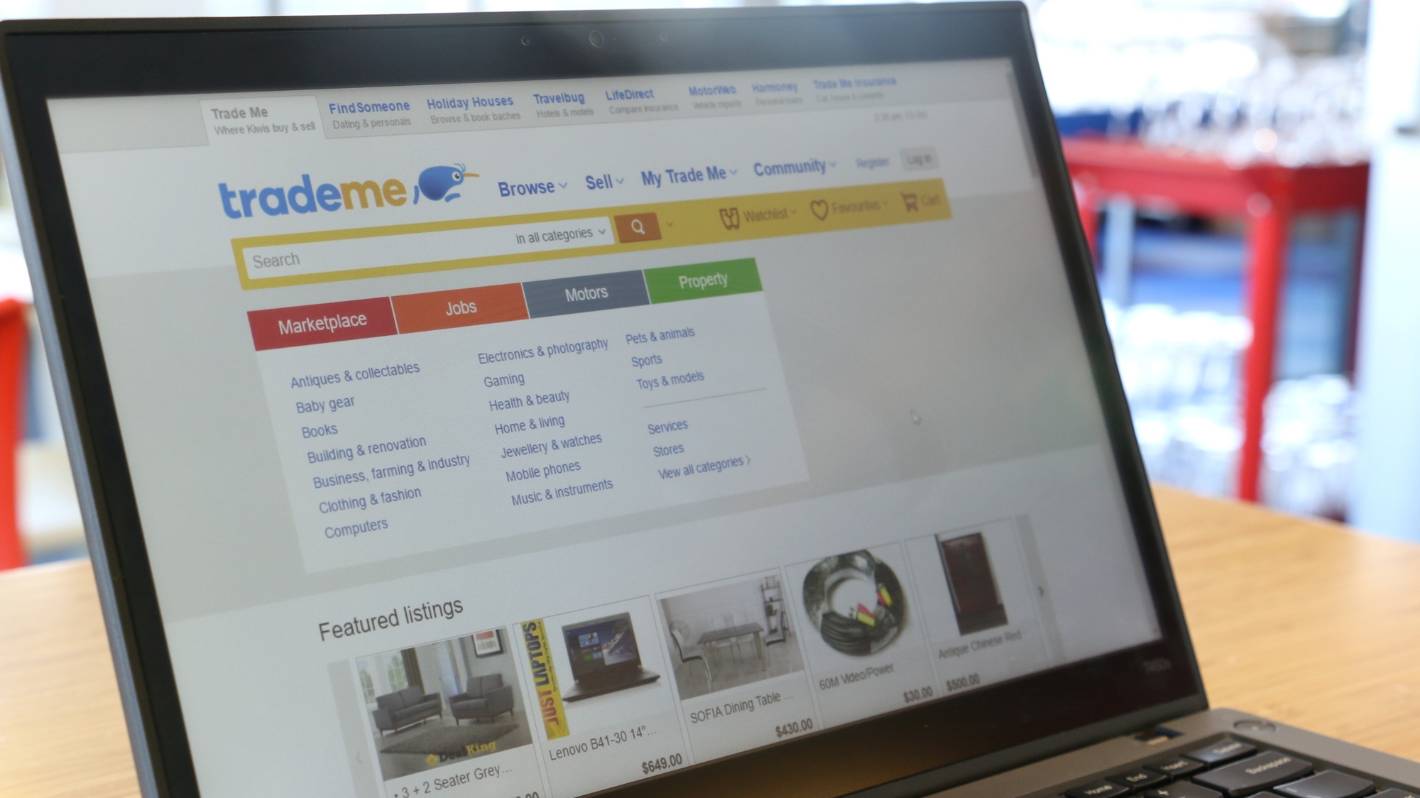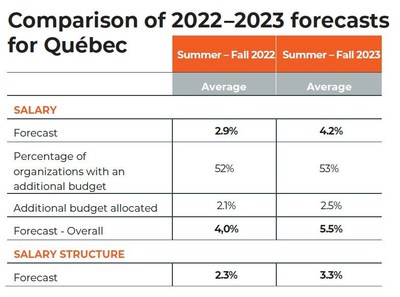Trade Me is giving staff a $3,500 base salary increase to help ease cost-of-living pressures

Provided
Trade Me has given all of its permanent staff a salary increase to keep up with inflation.
Trade Me is increasing the annual salary of its staff by $3,500 each to meet the rising cost of living.
Human resources director Annie Brown said the increase would affect all permanent Trade Me employees and take effect from July 1.
“The well-being of our people is our number one priority, and with inflation at a 30-year high, we know this is having a big impact on the cost of daily living,” she said.
“We are increasing the base salary of all permanent Trade Me employees by $3,500 to account for the extraordinary effects of inflation and the rising cost of living.”
READ MORE:
* Covid-19: Another managed isolation hotel to start paying staff the living wage
* Timaru-based Sanford workers can expect a ‘fair’ pay rise
* Are public sector wage increases lagging?
She could not comment on the average employee salary, but said the company pays living wages for entry-level positions.
The increase was a separate one-time increase outside of her normal half-year salary review cycles, she said.
David White stuff.co.nz
Kiwis are cutting treats and spending amid a steep rise in the cost of living. “You have to think twice about what you put in the basket.”
Trade Me had already implemented a series of initiatives to promote wellness, including five days of wellness leave per year, wellness rooms in its offices, a free lunch once a fortnight.
Annual wage inflation as measured by Stats NZ’s Labor Cost Index (LCI) rose to 3% in the March quarter of 2022 from 2.6% in the December quarter of 2021.
“Wage inflation is at its highest level since the March quarter of 2009,” said Bryan Downes, head of corporate price delivery.
Jobs data from Trade Me shows advertised salaries have increased across the country, compared to the same period last year.
Sales manager Matt Tolich said an analysis of more than 77,000 vacancies listed on the site found wages had skyrocketed across New Zealand in the three months to June 30.
“Nationally, the average salary rose 2% year-over-year, or $1,068, to $66,016, while a number of regions across the country saw salaries reach new records,” he said.
Bay of Plenty, Canterbury, Gisborne, Hawke’s Bay, Manawatū/Whanganui, Marlborough, Nelson/Tasman, Otago, Southland and Waikato all recorded their highest average earnings in the second quarter.
Labor lawyer Ashleigh Fechney said it would take a lot of goodwill for companies to raise wages in line with inflation.
provided
Labor lawyer Ashleigh Fechney said she was “pretty cynical” about pay rises.
“I’m pessimistic that many companies would consider this,” she said.
“It would be tantamount to reducing the benefits of the employer.”
She said she was “pretty cynical” about it, because often when wages and hourly rates were increased, it was passed on to the consumer. “Which doesn’t fundamentally help inflation for anyone.”





